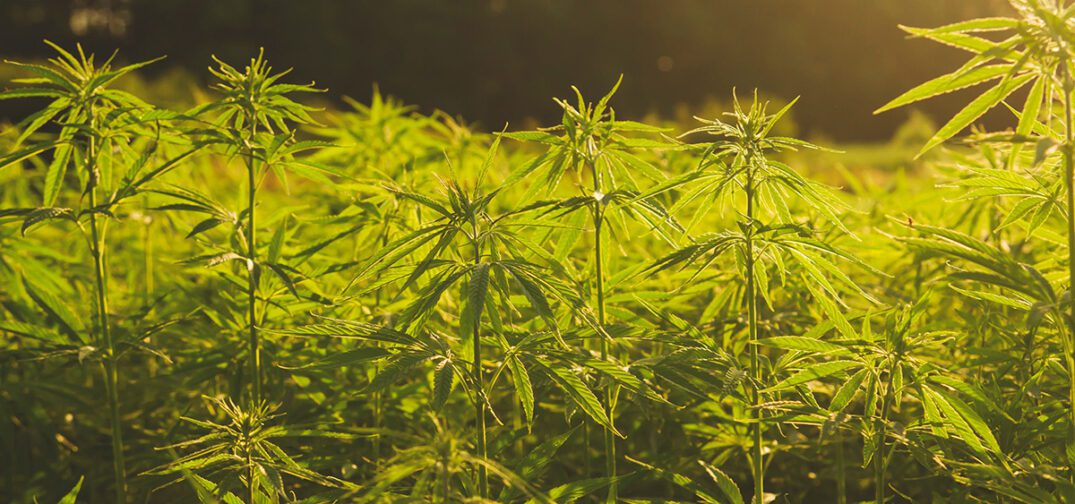A new draft of the U.S. Senate’s Farm Bill reflects bipartisan momentum to regulate intoxicating hemp-derived products, including delta-8 THC and THCA. The proposal, introduced by Senator Debbie Stabenow, would redefine hemp by capping total THC at 0.3%, encompassing all psychoactive THC variants. This effort aims to address market confusion and close a loophole in the 2018 Farm Bill, which legalized hemp with a delta-9 THC concentration of 0.3% or less but inadvertently enabled the rise of other intoxicating cannabinoids being sold in various forms, from gummies and beverages to pre-rolls and “THCA flower.”
In absence of any real federal action to address the rise of intoxicating hemp products over the past several years, numerous states have been implementing measures to restrict or control them already. California recently enacted a sweeping ban on intoxicating hemp products, and several other states have also introduced or implemented stricter regulations on hemp-derived THC. These measures are aimed at preventing the unregulated sale of these products over the internet and in brick and mortar shops in order to keep them out of the hands of underage consumers, and to protect state-licensed cannabis businesses from unfair competition.
The House’s version of the Farm Bill, published earlier this year, takes an even harder stance, with an amendment from Representative Mary Miller proposing an outright ban on all hemp-derived THC. The Senate’s approach reflects a regulatory compromise, focusing on clearer definitions and tighter rules rather than outright prohibition.
However, the current Senate draft does not seem to directly address a loophole being exploited by certain hemp products, such as gummies and beverages, which due to their weight/density can include high levels of THC while still adhering to the 0.3% total THC limit. For example, a beverage that weighs 500 grams (roughly 16oz) could contain up to 1500mg THC under this definition. Most state cannabis markets, by comparison, cap total THC per serving at 10mg for infused products.
To mitigate this issue, the Farm Bill would need to explicitly apply the THC percentage threshold to hemp biomass, not finished goods; this solution was proposed by leading cannabinoid research publisher Project CBD over a year ago. Another possibility would be to introduce separate THC caps for consumable hemp products on a per-serving or per-container basis.
While the Farm Bill appears unlikely to pass before the new Congress convenes in January, the fact that the House and Senate both seem to be aligning intentions against the current free-for-all suggests that the hemp-derived cannabinoid industry should prepare for stricter oversight in 2025. Whether or not new regulations will be effective at controlling the myriad of hemp products currently on the market is another question, though.
Get daily cannabis business news updates. Subscribe
End
